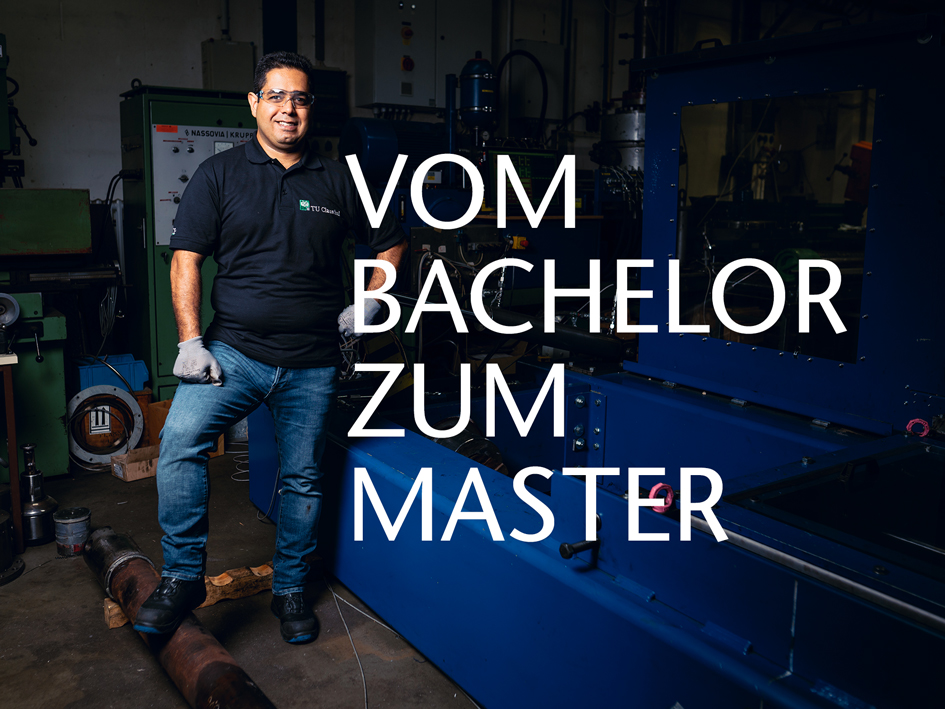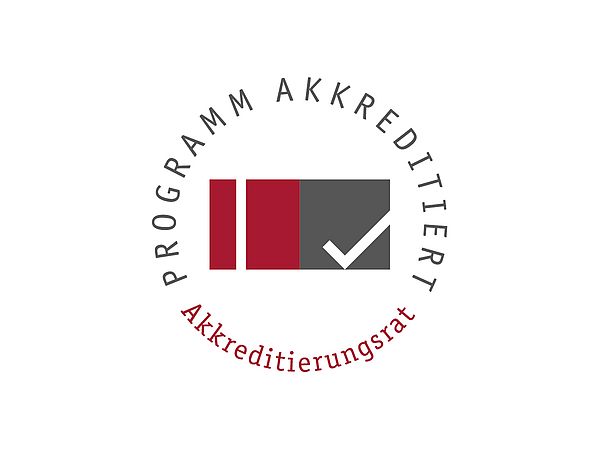Power Systems Engineering
The shift to renewable energies in the power, heating, and transportation sectors poses major challenges to the energy system: Using new storage facilities and intelligent management systems, fluctuating supplies of renewable energies must be tethered to the increasing energy consumption caused by sector coupling in a way that makes effective use of the energy that is generated. The power systems engineering degree program deals with this systems integration as well as the conceptualization and design of the requisite new technologies. The program deepens students’ knowledge of engineering while also providing electives through which they can either strengthen their understanding of the system as a whole or focus on specific areas of their own choosing.
Jobs and careers
The broad-based education that students acquire in this program opens up opportunities for graduates in a variety of areas within any company involved in the transformation of the energy system, especially in leadership and development roles. Such companies include not only the traditional energy suppliers but also manufacturers of generating and storage facilities or converter systems. The process of sector coupling means that, in the future, vehicle manufacturers and companies active in the area of building services will also be potential employers for power systems engineers. Other potential employers include consulting firms, associations, public bodies, and ministries that are managing and regulating energy reforms. Finally, graduates can also enter the field of research at universities or other research institutions. In short, studying power systems engineering opens up a broad range of fields of work throughout the energy system.
Possible fields
- Plant operators
- Manufacturers of, for example, wind turbines, photovoltaic systems, converter systems, battery systems, charging infrastructure, and electric vehicles
- Design and engineering firms
- Energy suppliers
- Grid operators
- Associations and public bodies
- Energy consulting agencies
- Universities and research institutions
Why Clausthal?
In TU Clausthal’s Sustainable Energy Systems research focus area, researchers from different working groups collaborate on an interdisciplinary basis on the future of our energy supply. In cooperation with private industry, they research new technologies, and they particularly focus on systems integration and new business models. Students in the power systems engineering master’s program are included in this endeavor through their essay projects and as research assistants. The proximity to industry that these research projects offer creates opportunities for future employment. On top of this, a mentoring program and close contact with staff create a highly supportive environment for students during the program.
Program structure
The master’s degree in power systems engineering builds consecutively on the bachelor’s in power systems technologies, and begins by deepening students’ knowledge of engineering. For most of the program, students have the opportunity to choose their own focus within the areas of storage, machinery and grids, and renewable-energy generation facilities. Students also have the option of favoring greater breadth in order to strengthen their overview of the system as a whole. In the third semester, students come together in teams to complete a project that deals with practical issues. The degree program concludes with a master’s thesis that is completed as a piece of independent academic work, which each student can write either within the scope of the university’s research projects or in connection with the private sector.
Focus
- Mathematics for engineering 3 & 4
- Heat transfer & high-temperature technology
- Instrumentation
- Electrical power distribution und renewable power engineering
- The electricity industry and energy law
- Storage technologies
- Machinery and grids
- Renewable-energy generation facilities
- Project work
- Master’s thesis

Nils Kreth, M.Sc.
Telefon: +49 5323 72-3597
Fax: +49 5323 72-2104
E-Mail: ma.est@tu-clausthal.de
Institute of Electrical Power Engineering and Energy Systems
Leibnizstraße 28, Raum 501
38678 Clausthal-Zellerfeld
Studying in Clausthal
Start application now.
Program outline
Type of program: Master
Duration: 4 Semester
Language of teaching: German
Degree: Master of Science (M.Sc.)
Start date: Admission to the winter semester, but also to the summer semester possible.
Accreditation: Urkunde ASIIN
Studienstart
Welcome-Week - TUCStart
Orientierungswochen vor Studienbeginn auch für Masterstudierende
Prerequisites
The TU Clausthal offers a Bachelor's programme in Power Systems Technologies. This forms a unit with the Master's programme in Power Systems Engineering. The contents are optimally coordinated for a consecutive course of study. Subject to certain conditions, a transition from the Bachelor's programmes in Energy and Mineral Ressources, Mechanical Engineering and Energy and Materials Physics to the Master's programme in Power Systems Engineering is also possible.
Documents
Studiengangsflyer
Modellstudienplan
gültig für AFB 2022
gültig für AFB 2016
Prüfungsordnung
- Allgemeine Prüfungsordnung
- Auführungsbestimmungen (2022), gültig ab WS 2022/23
- Ausführungsbestimmungen (2016), gültig bis Ende WS 2025/26
Zugangsordnung
Wahlpflichtkataloge
gütlig für AFB 2022
gütlig für AFB 2016
- Wahlpflichtkatalog WS 22/23 und SS 23_update 21.06.2022
- Wahlpflichtkatalog nur SS 22_update 28.03.2022
Modulhandbuch
gültig für AFB 2022
- Modulhandbuch
gültig für AFB 2016






